The Big Four of Facebook, Google, Amazon and Apple have immense control in the markets they’re a part of, so much so that the term “monopoly” is thrown around in reference to them. However the term here functions more as just a catchall as opposed to a true descriptor. The Big Four can really only be grouped together under the umbrella of “Technology Companies” as each company has its own individual interests, products and services. Referring to the collective as a monopoly also misses the mark, as the four are often in direct competition with each other in certain sectors. The term “quadropoly,” while fun to say, does not do a good job of conveying just how strong of stranglehold one company can have in a particular field, such as Amazon’s reign in the business of book sales.
My caring about which proper business term should be used to call the Big Four could be interpreted as superfluous, dismissed readily with “a rose by any other name.” However, I believe that this vagueness is very indicative of a larger issue at hand with the Big Four. The breadth of products and services offered by each of these companies make it incredibly difficult to pinpoint what exactly is monopolistic about them, making legal action harder to come by. In some cases, legal action against unfair business practices is virtually impossible because the business itself is so new and without legal precedent. I’ve had a long standing belief that a parallel of Facebook’s acquisition of Instagram, in any other sector, would have set off regulatory red flags in fear that the larger company is simply letting their money vacuum up more money as opposed to trying to win business with innovation.
I am unsure of the current policy advances being made to try to combat the ballooning of tech companies. I do not believe that the Big Four are looking to make life hellish for their customers but I strongly believe that business regulation is a necessity in capitalism. And the necessity is evident here. With the breakneck pace of business advances in the realm of technology, current regulatory practices struggle to keep up, allowing the Big Four to grow ever more dominant.











